Global Seed Grant Activity Board
[UBNPH] Seeds of Hope
1기
작성자
Rench Zeus Ramos
작성일
2020-08-17 01:25
조회
441
SEEDS OF HOPE
Globally, the Philippines is the third-largest source of ocean-bound, discarded plastic waste. It is estimated that twenty percent of the country’s 2.7 million tons of annual plastic waste ends up in the oceans, fueled largely by high consumer consumption and dependence on single use plastics. Reducing the outflow of plastic has become a top priority of national and local governments, as well as many community and non-governmental organizations, who have already begun individual efforts to turn the tide.
The goal of the project is to use positive action to influence a change in people’s social behavior in regards to waste management and environment conservation, hopefully establishing collaborations with the LGUs, NGOs, and communities with similar goals for determined effect and sustainability.
The Seeds of Hope is a project that aims to empower young generation to become volunteer leaders and advocates in conservation. The pilot project will be held in Mabini Batangas, where a series of activities that aims to raise awareness about proper waste management in coastal communities through interactive programs and storytelling will be undertaken.
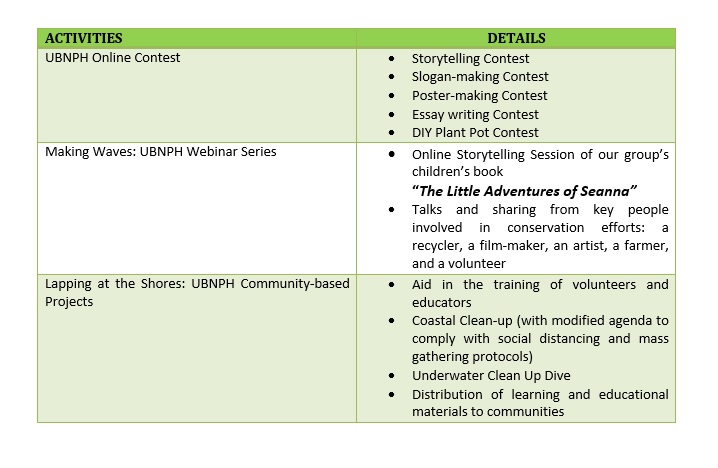
PROJECT PROGRESS:
In light of present and extenuating circumstances in our local community, and after many meetings and consultations, our group has unanimously arrived at the decision to make some key changes in our project implementations. Staying true to our advocacies, our project goals and objectives will remain the same; however, adapting to the current situation in our country due to the COVID-19 pandemic, our group’s activities will have to change and adapt to the “new normal” situation we now face. For the past month of June, we have coordinated with different organizations – both LGU and NGOs – and gathered more volunteers to make the run of our projects more effective and efficient.
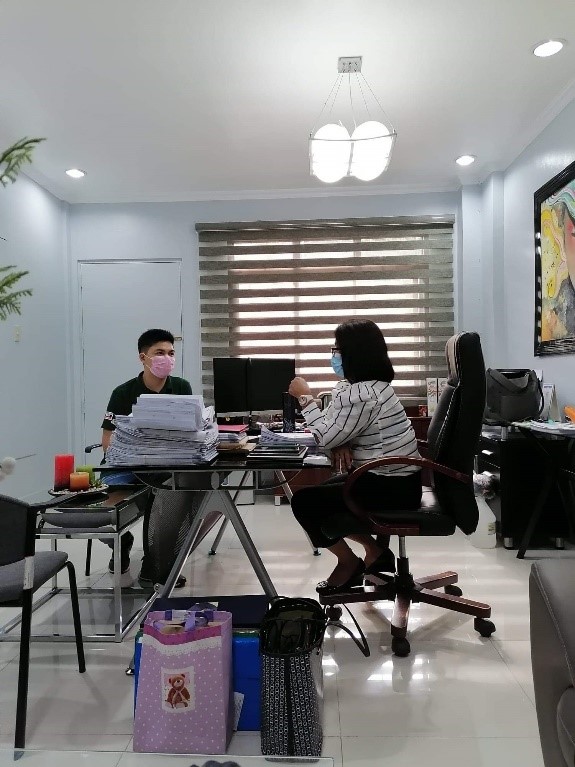
With our main target audience being elementary students from various elementary schools in coastal cities and communities in Batangas, we have consulted and coordinated with the Schools Division Superintendent of the Department of Education (SDS-DepEd) in Batangas. As our group, Urbano Niño PH, explained to SDS-DepEd about our project and objectives, we have come to the conclusion that our methods shift from the traditional physical learning to asynchronous learning.
Despite the physical limitation of our group’s movement as imposed by the community quarantine. This month of August we are focusing on one of our key activities, ImaginOcean – UBNPH Online Contests, as well as strengthening our online media presence. Our contests will give out a handful of prizes to the winners: the shark plushie toy, growth kit, art materials, as well as cash prizes for their other needs. We have started sharing articles and info graphics on our page on how to become more responsible in taking care of our environment.
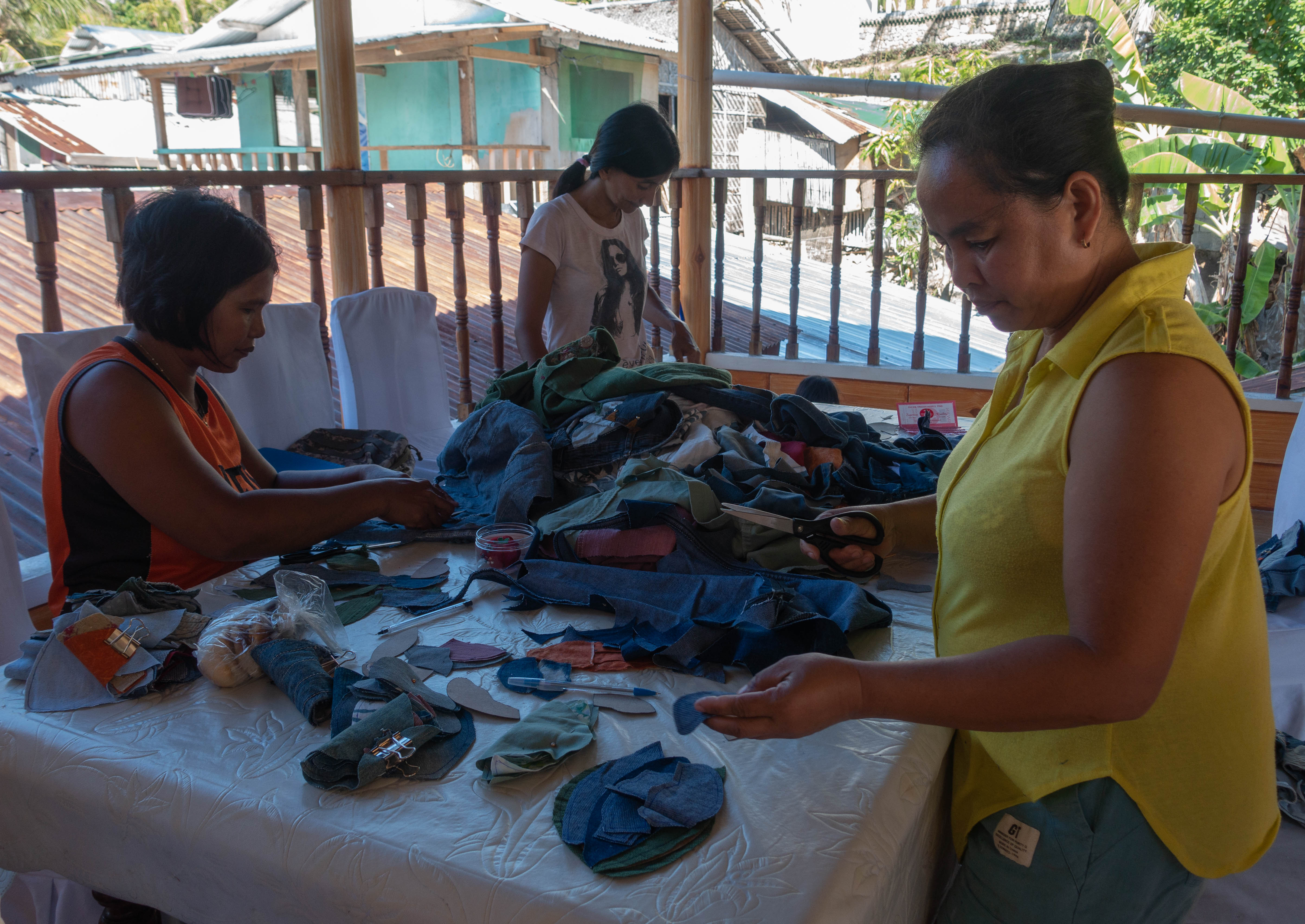
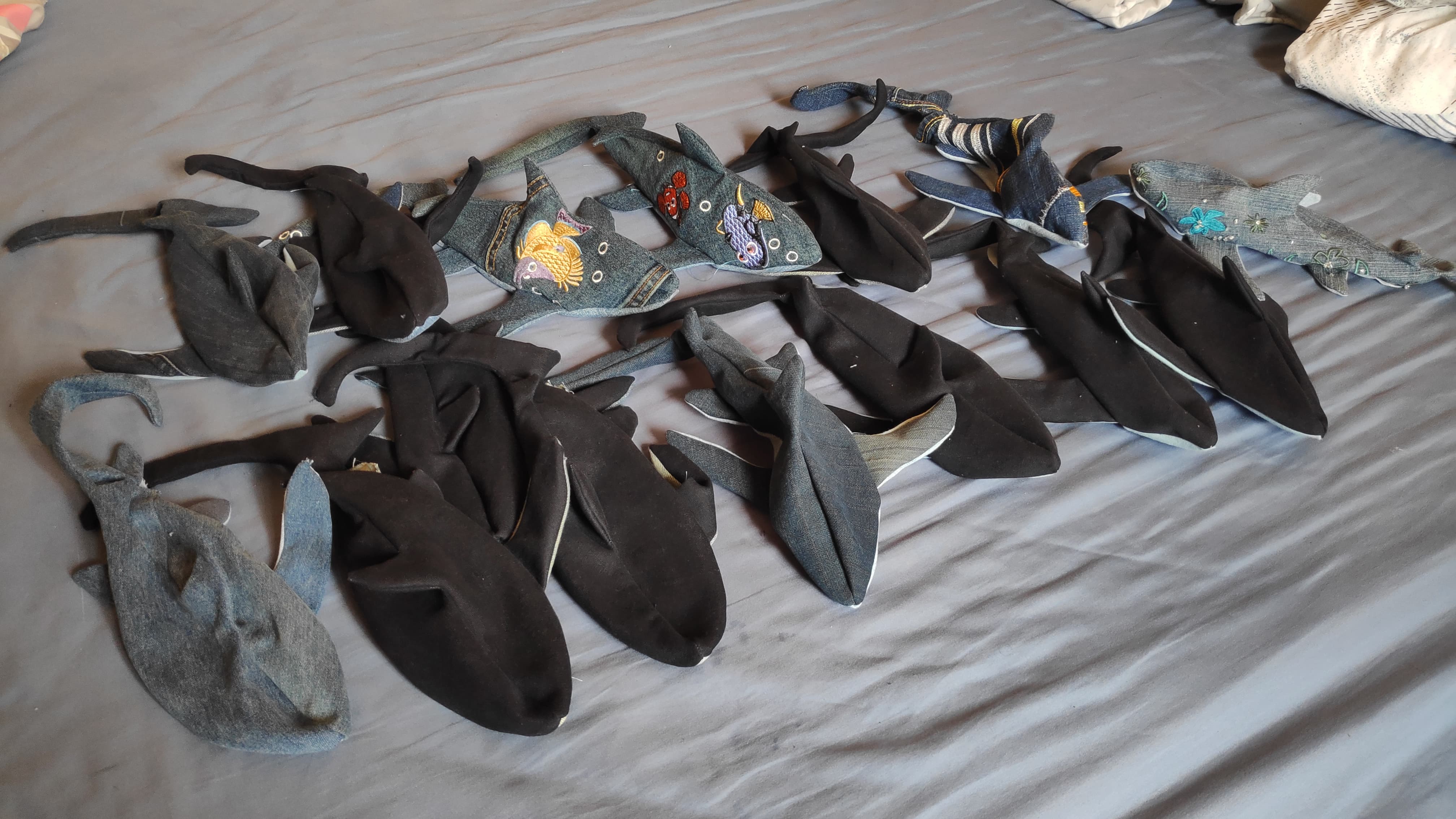
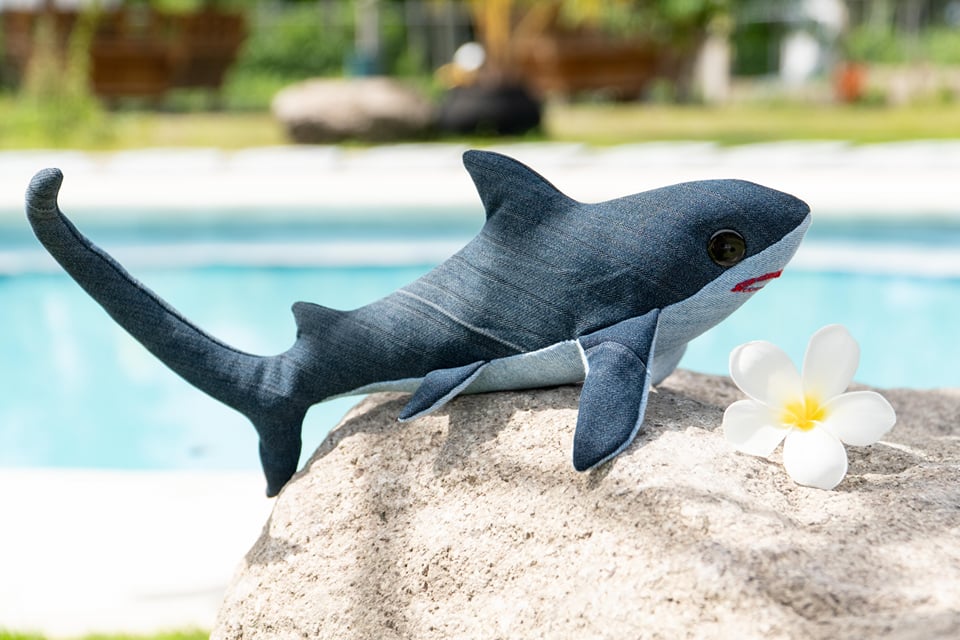
Iho - Plushie made from upcycled jeans handmade by empowered women in coastal communities. In partnership with Tagpi-Tagpi.
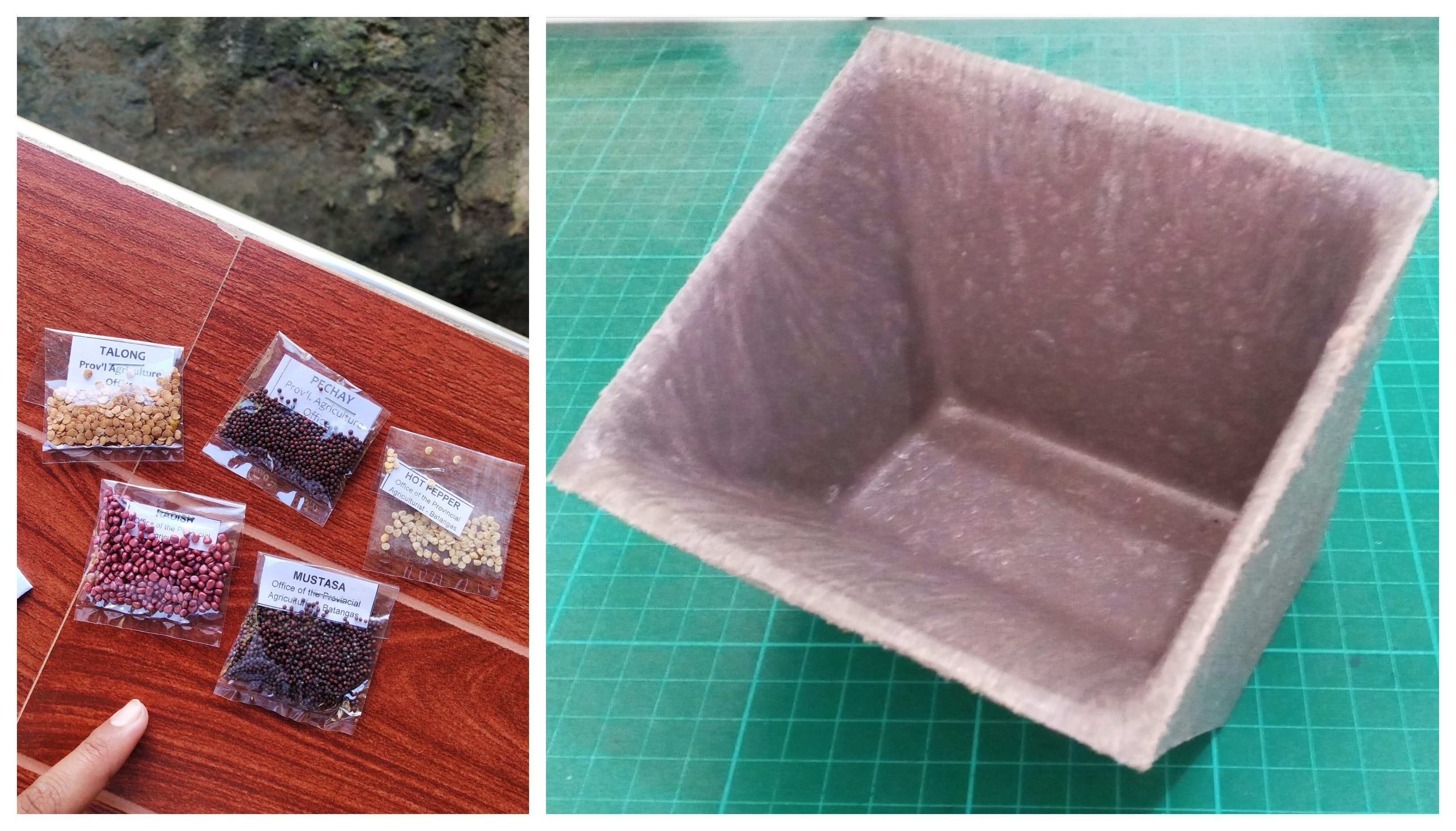 Grow kit. Seeds from the Agricultural Office and a pot made from recycled plastics.
Grow kit. Seeds from the Agricultural Office and a pot made from recycled plastics.
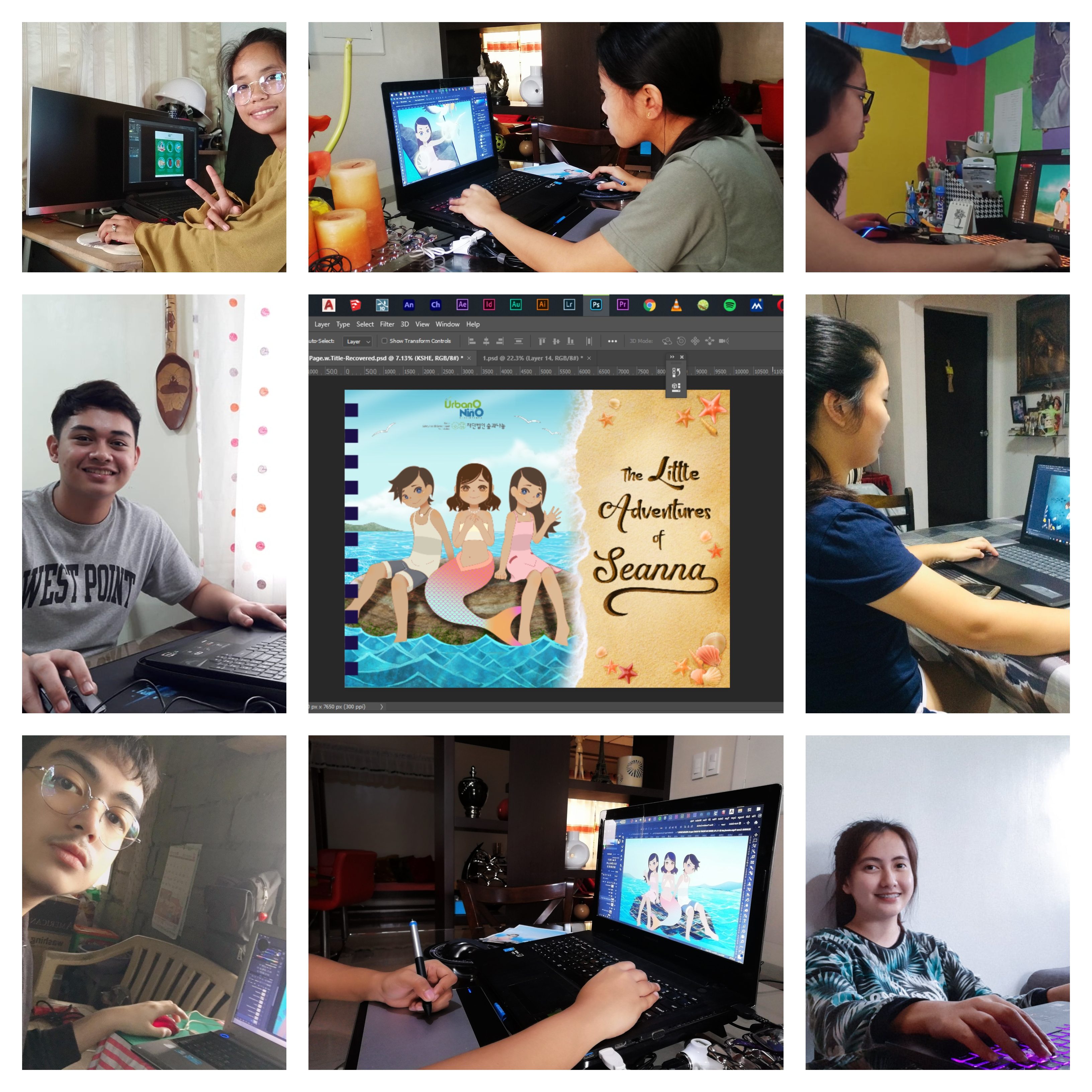
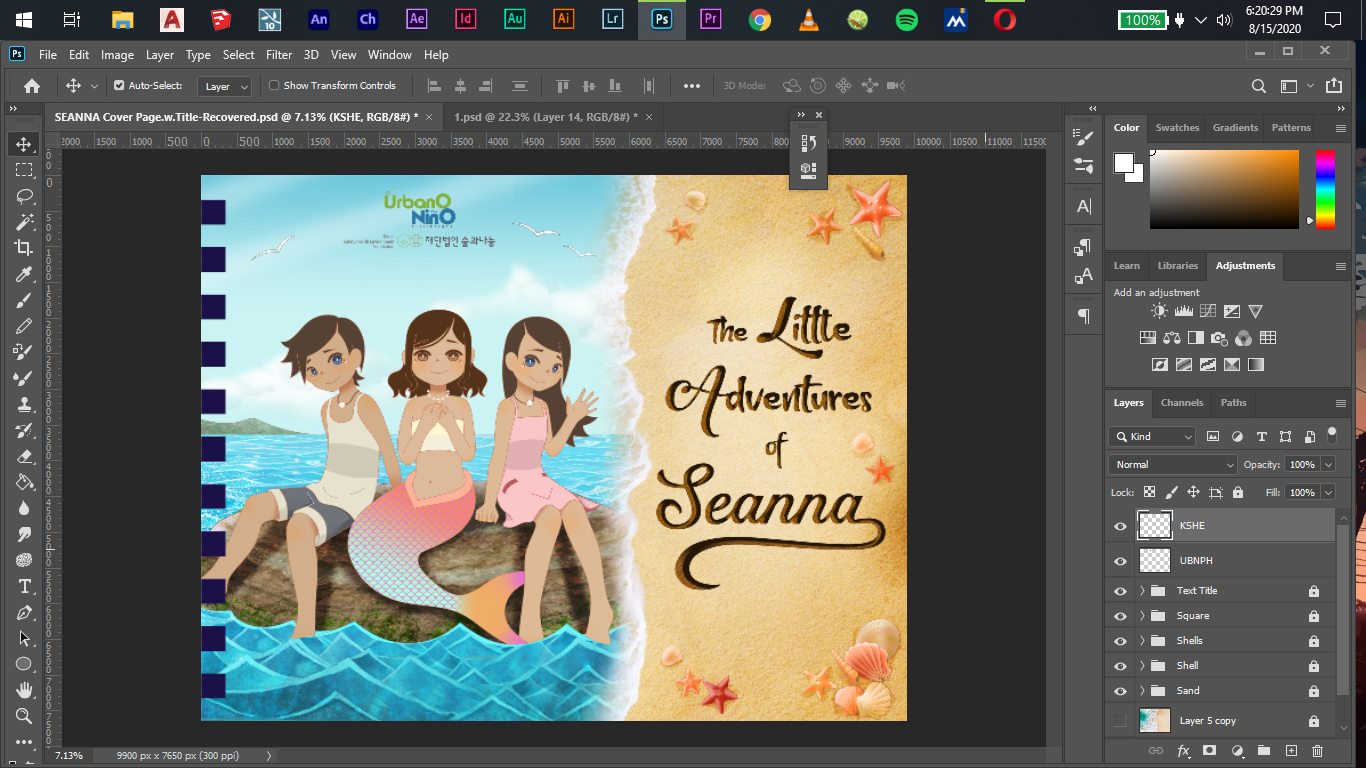
We are also in the process of completing the storybook that is scheduled to be printed by our chosen publishing house and will be given to our partner community. As of writing, we are close to finishing it, thanks to our 20 wonderful volunteer artists – this really would have been impossible without them.
PROJECT PLAN FORWARD:
For the remaining months we will implement the 3 activities mentioned.
As our project is founded on long-term execution, we looked up on the grants before sending in our application, and saw that the grants are willing to support the organizations of its choosing for three years. With this in mind, we brainstormed and came up with phases by which our project will take shape in the next three years. Aptly, we named the phases with the concept of “growth”, which are as follows:
Phase 1 is “Plant”, wherein the Seeds of Hope Project is our means of “planting” knowledge and awareness in the communities as a means to educate them on environmental concerns. Phase 2 is “Bloom”, wherein we nurture their learning by keeping and maintaining relationships by establishing physical projects like permaculture gardens and waste collection systems, and other community-based projects. And lastly Phase 3 is “Harvest”, wherein the community harvests their fruits of labor by establishing a social enterprise within the community to help in employment, community involvement, and sustainability.
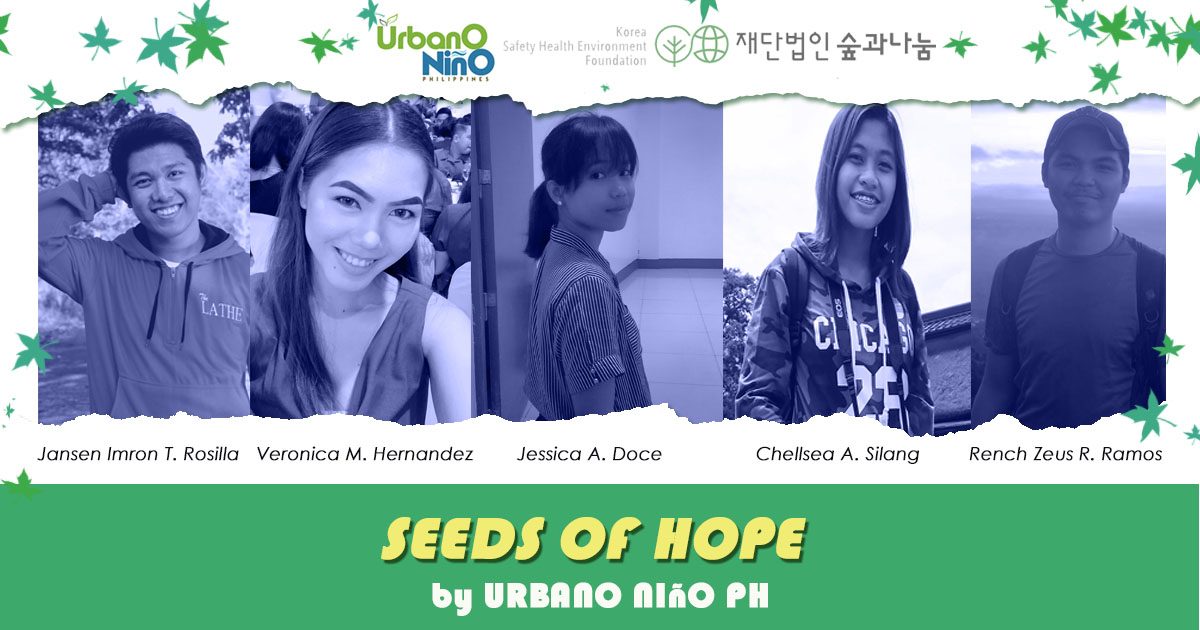
Be like a seed: start small, and grow big.
Globally, the Philippines is the third-largest source of ocean-bound, discarded plastic waste. It is estimated that twenty percent of the country’s 2.7 million tons of annual plastic waste ends up in the oceans, fueled largely by high consumer consumption and dependence on single use plastics. Reducing the outflow of plastic has become a top priority of national and local governments, as well as many community and non-governmental organizations, who have already begun individual efforts to turn the tide.
The goal of the project is to use positive action to influence a change in people’s social behavior in regards to waste management and environment conservation, hopefully establishing collaborations with the LGUs, NGOs, and communities with similar goals for determined effect and sustainability.
The Seeds of Hope is a project that aims to empower young generation to become volunteer leaders and advocates in conservation. The pilot project will be held in Mabini Batangas, where a series of activities that aims to raise awareness about proper waste management in coastal communities through interactive programs and storytelling will be undertaken.

PROJECT PROGRESS:
In light of present and extenuating circumstances in our local community, and after many meetings and consultations, our group has unanimously arrived at the decision to make some key changes in our project implementations. Staying true to our advocacies, our project goals and objectives will remain the same; however, adapting to the current situation in our country due to the COVID-19 pandemic, our group’s activities will have to change and adapt to the “new normal” situation we now face. For the past month of June, we have coordinated with different organizations – both LGU and NGOs – and gathered more volunteers to make the run of our projects more effective and efficient.

With our main target audience being elementary students from various elementary schools in coastal cities and communities in Batangas, we have consulted and coordinated with the Schools Division Superintendent of the Department of Education (SDS-DepEd) in Batangas. As our group, Urbano Niño PH, explained to SDS-DepEd about our project and objectives, we have come to the conclusion that our methods shift from the traditional physical learning to asynchronous learning.
Despite the physical limitation of our group’s movement as imposed by the community quarantine. This month of August we are focusing on one of our key activities, ImaginOcean – UBNPH Online Contests, as well as strengthening our online media presence. Our contests will give out a handful of prizes to the winners: the shark plushie toy, growth kit, art materials, as well as cash prizes for their other needs. We have started sharing articles and info graphics on our page on how to become more responsible in taking care of our environment.



Iho - Plushie made from upcycled jeans handmade by empowered women in coastal communities. In partnership with Tagpi-Tagpi.
 Grow kit. Seeds from the Agricultural Office and a pot made from recycled plastics.
Grow kit. Seeds from the Agricultural Office and a pot made from recycled plastics.

We are also in the process of completing the storybook that is scheduled to be printed by our chosen publishing house and will be given to our partner community. As of writing, we are close to finishing it, thanks to our 20 wonderful volunteer artists – this really would have been impossible without them.
PROJECT PLAN FORWARD:
For the remaining months we will implement the 3 activities mentioned.
As our project is founded on long-term execution, we looked up on the grants before sending in our application, and saw that the grants are willing to support the organizations of its choosing for three years. With this in mind, we brainstormed and came up with phases by which our project will take shape in the next three years. Aptly, we named the phases with the concept of “growth”, which are as follows:
Phase 1 is “Plant”, wherein the Seeds of Hope Project is our means of “planting” knowledge and awareness in the communities as a means to educate them on environmental concerns. Phase 2 is “Bloom”, wherein we nurture their learning by keeping and maintaining relationships by establishing physical projects like permaculture gardens and waste collection systems, and other community-based projects. And lastly Phase 3 is “Harvest”, wherein the community harvests their fruits of labor by establishing a social enterprise within the community to help in employment, community involvement, and sustainability.

Be like a seed: start small, and grow big.